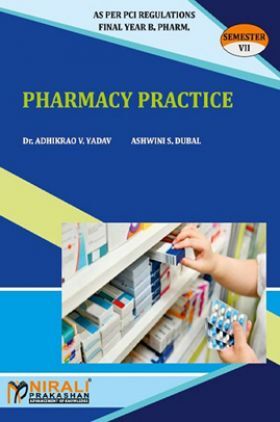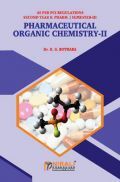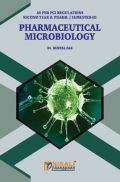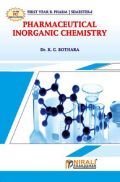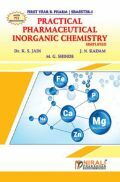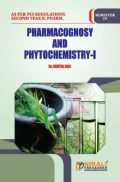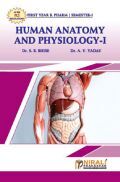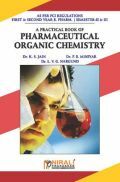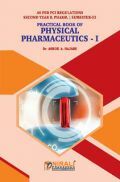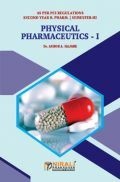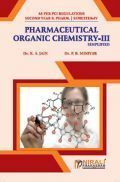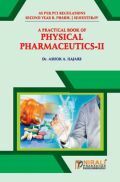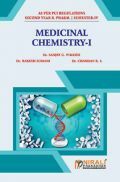Gone are the days when Pharmacy Profession was considered as mere buying and selling of medicines. Today, Pharmacy is recognized as most versatile dynamic and diverse profession. The two major practice setting of profession are the industrial pharmacy and healthcare (Pharmacy Practice). Our degree Pharmacy curricula were, so far, industrial pharmacy oriented, with little emphasis on healthcare components. Pharmacy Council of India, New Delhi has first time prescribed the curriculum for bachelor of Pharmacy (B. Pharm.) Program. The curriculum attempts to achieve adequate balance between Pharmacy Practice and Industrial Pharmacy. The inclusion of Pharmacy Practice components in the curriculum aims at equipping the graduate with necessary knowledge and skills useful in practicing Pharmacy Profession in healthcare settings at institutional level as well as independent at community pharmacy settings.
The curriculum content is quite comprehensive and emphasis has been given to develop graduates capable of serving in all areas of healthcare in general and pharmaceutical care in particular. Thorough learning of concepts and acquiring required skills, discussed in the book shall make the graduate competant enough to be designated as specialist in medications, counselor of patients, guardian of public health and companion of other healthcare professionals.
This book Useful for B. PHARM. Student.
Unit I
1. Hospital and its Organization
2. Hospital Pharmacy and its Organization
3. Adverse Drug Reactions
4. Community Pharmacy
Unit II
5. Drug Distribution System in Hospitals
6. Hospital Formulary
7. Therapeutic Drug Monitoring
8. Medication Adherence
9. Patient Medication History Interview
10. Community Pharmacy Management
Unit III
11. Pharmacy and Therapeutics Committee
12. Drug Information Services
13. Patient Counseling
14. Education and Training Programme in the Hospital
15. Prescribed Medication Order and Communication Skills
Unit IV
16. Budget Preparation and Implementation
17. Clinical Pharmacy
18. Over The Counter (OTC) Sales
19. Drug Store Management and Inventory Control
20. Investigational Use of Drugs
21. Interpretation of Clinical Laboratory Tests
Annexure : Multiple Choice Questions (MCQs)

